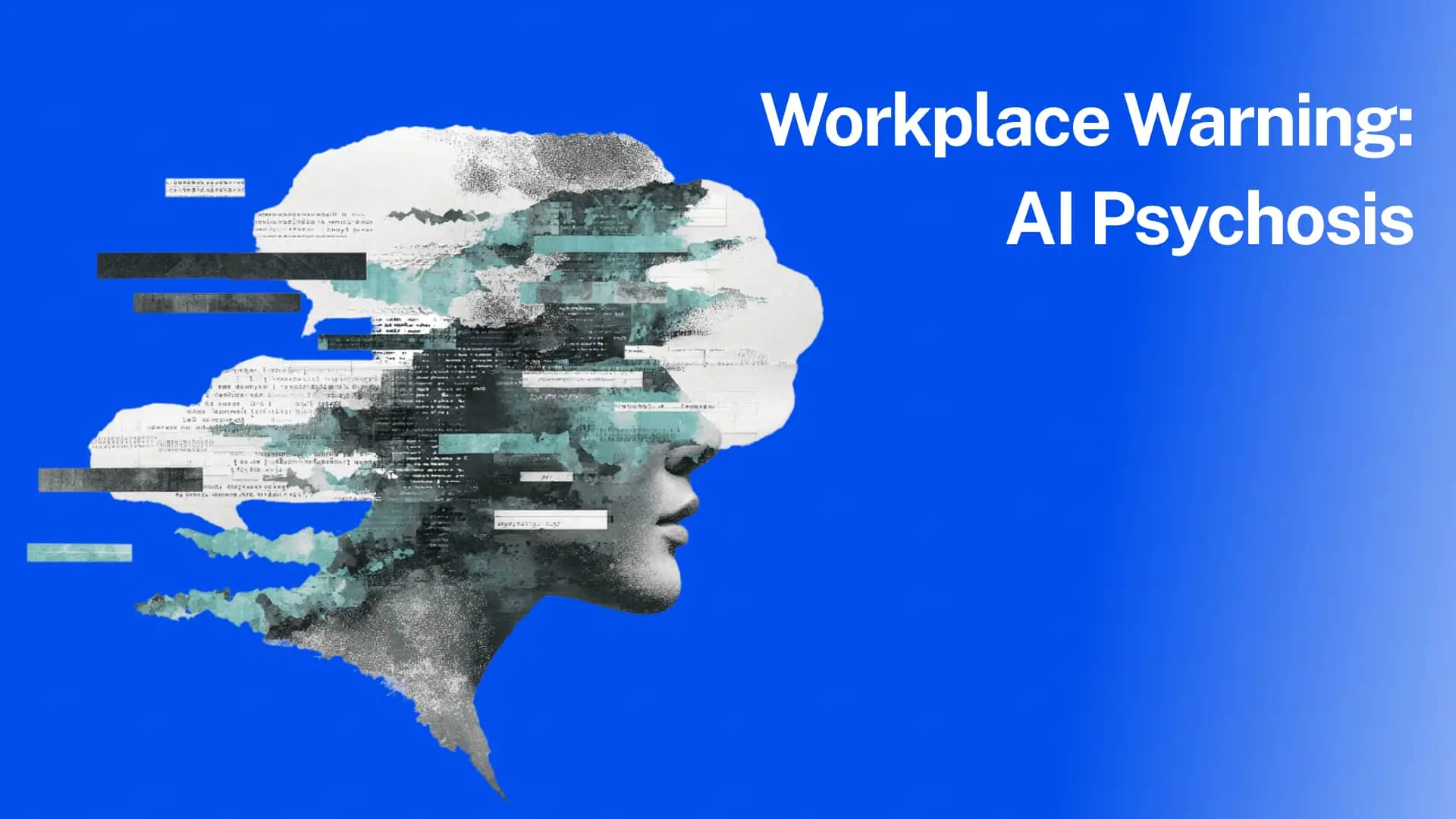Running Remote came back to Texas with two full days of unscripted conversations and non-stop hallway debates about what actually works in distributed organizations. The program—and the informal chats over breakfast tacos—landed on one shared conclusion: remote work has moved past experimentation and into optimization.
Below are five expanded insights that braid together the conference’s Day 1 and Day 2 recaps, keynote data drops, and the most quoted remarks from the Deep Dive Stage.
1. Results Trump Rituals
“The real shift is not where people work, but how we work together.” — Brian Elliott (Work Forward)
Return-to-office headlines are still loud, yet Nick Bloom (Stanford) showed that U.S. badge swipes have risen only two to three percentage points in twelve months. Izabella Lorenz (Zoom) shared that flexibility thrives when design, programming, and leadership align. Ebbie Wisecarver (WeWork) and Noel McNulty (Twilio Inc.) emphasized that offices are no longer just workspaces—they are becoming flexible, intentional experience centers, and real estate is now a strategic function, not a back-office utility.

In addition to the data, Brian Elliott emphasized that too much energy has been spent on compliance rather than innovation. His call to action was clear: stop obsessing over desk time and invest in redesigning how teams coordinate and deliver value.

Actionable: Host a listening session with employees to identify what type of in-office experiences they value most—then prototype a weekly in-office day built around those priorities: collaborative sprints, mentorship hours, or social bonding.
2. Artificial Intelligence Needs Human Intelligence First
“AI cannot search your brain. If knowledge is not documented, your AI will not be useful.” — "JJ" Jessica Reeder (Upwork)
Day 1 opened with JJ’s blunt reminder that documentation is the price of admission for generative AI. Minutes later, Prithwiraj Choudhury (Harvard Business School), who recently appeared on Sophie Wade’s podcast, introduced the concept of "Codified Selves"—leader-trained chatbots that mimic executives' communication styles. While attendees appreciated the productivity boost, he revealed that employees trusted messages less when they suspected a bot wrote them. This highlights a growing dynamic: AI is only powerful when paired with structured knowledge and transparent use.
Meanwhile, leaders such as Alina Jesien (Ergeon) added that understanding the why behind AI implementation matters as much as the how. AI is only as effective as the clarity and context that humans give it. The underlying theme? Good knowledge management determines whether AI becomes an advantage or a distraction.
Actionable: Select one active project and capture every decision, draft, and data point in a shared doc. Review weekly with the prompt, “Could AI have answered this faster if the trail were clearer?”
3. Inclusion Is a Daily Design Choice
At Running Remote 2025, the message was clear: remote work is not automatically inclusive. Leaders across multiple panels emphasized that inclusion takes daily effort, built into how we lead, design, and communicate. Without this intentionality, distributed teams risk replicating old systems of exclusion under the guise of flexibility.
Hebba Youssef (Workweek), Sophie Wade (Flexcel Network), and Manar Morales (Diversity & Flexibility Alliance) spoke about the need for DEI to move out of silos and into every conversation where decisions are made, reminded attendees that hybrid environments can create new visibility gaps and reintroduce bias, and added that psychological safety depends on having clear expectations about communication rhythms.
Other panelists, including Sarah Walker (Long-Term Stock Exchange) and Kristen Parisi (Morning Brew), discussed how meeting dynamics—who speaks, who decides—can subtly shape team equity. Mindy Honcoop (Agile in HR) emphasized that an inclusive culture is built through repeated behavioral cues, not slogans. The consensus across sessions: rituals like rotating facilitation, async norms, and time-bound feedback loops matter just as much as broad commitments.
Actionable: Audit your last five team meetings: who spoke most, who facilitated, and who made decisions? Use this data to rotate roles, amplify quiet voices, and model inclusive routines going forward.
4. Culture Lives in the Margins, Not the All-Hands
Speakers at Running Remote 2025 shared that meaningful team culture in remote work often shows up in everyday habits, not just during big moments like all-hands meetings.
After dozens of conversations at Running Remote, I'm more convinced than ever: Distributed work, hybrid arrangements, AI integration, and new real estate models will all fail to achieve stated goals without behavioral clarity. Clarity Is the New Cultural Currency — Phil Kirschner (The Workline)
Darren Murph (Zillow) spoke about how real connection in remote work comes from acknowledging life outside of work and making space for emotion, reflection, and health. Shelby Wolpa (Shelby Wolpa Consulting) emphasized how culture can be shaped through small, curiosity-driven experiments that require little budget but consistent attention. These stories pointed to a shared belief: culture doesn’t need to be loud to be powerful; it needs to be deliberate.

This was echoed in the official Running Remote recap, which highlighted the "Pioneers in Culture: How to ACE Your Next Company Retreat" panel. Speakers like Chase Warrington (Doist) and others shared practical ideas on designing purposeful retreats that go beyond team bonding to reinforce values and create shared meaning across distance.
Actionable: Cancel one standing meeting this week. Replace it with optional fifteen-minute check-ins or silent co-working time. Measure attendance and sentiment afterwards.
5. Leadership Is a Repeatable Practice
Leadership in distributed work is not just about vision, it is about structure. At Running Remote 2025, speakers highlighted that intentional leadership rituals are key to sustaining high-performing teams in a hybrid world.
Erin Grau (Charter) emphasized the need for leaders to act with purpose, not just policy. She reflected on her discussion with Crystal O’Neill and Travis McAshan, noting that leadership in times of uncertainty, especially through polycrisis, requires transparency, value codification, and reinforcing purpose daily.
Travis McAshan (GLIDE) shared his team’s five-year journey of building leadership habits that stick: weekly company standups, async check-ins, biannual 360s, peer recognition, and skip-level 1:1s. His advice? Don’t launch everything at once. Layer it slowly. Make it consistent. Make it meaningful.

Actionable: Map every leadership ritual on a whiteboard—weekly, monthly, and quarterly. Mark how each builds clarity, care, or continuity. Strengthen gaps; sunset the rest.
Bottom Line
Running Remote 2025 underscored one truth: the future of work belongs to leaders who design with intention—documenting knowledge, engineering trust, and measuring results.
"At my third Running Remote, in addition to the warm hug of the community and friends, there was a new sentiment. We had finally moved on to focus on how to optimize distributed work rather than endless debate and concern about whether it would last. Evidence of global and local corporate enduring acceptance of remote working options shifted weight to the many insightful presentations focused on work design, employee experience, and tools to innovate and improve workforce movements, methods, and outcomes. The emphasis was on understanding businesses' and employees' needs, including cultural values, relationships and location optionality, to achieve better results all around." — Sophie Wade (Work in Progress Report)

From artificial intelligence to emotional safety, from async systems to in-person rituals, it is not about having all the answers—it is about asking better questions, listening harder, and building for what distributed teams need next.












